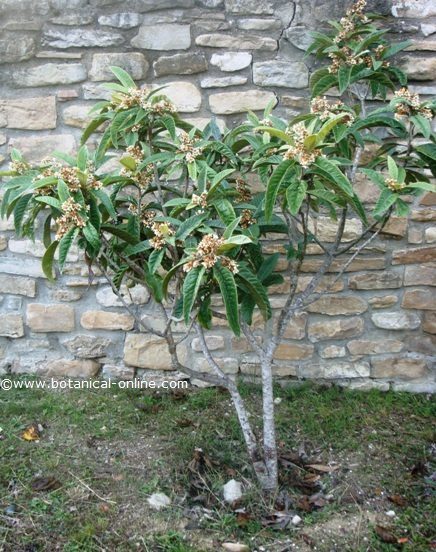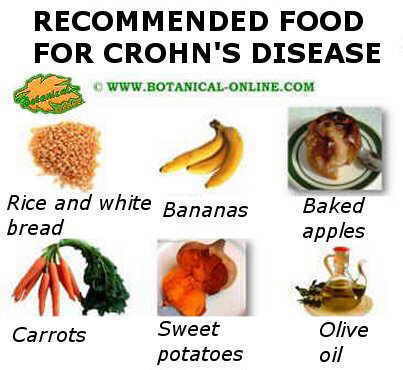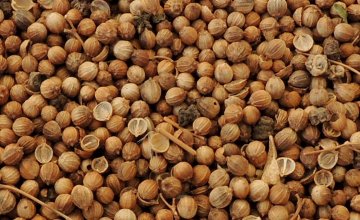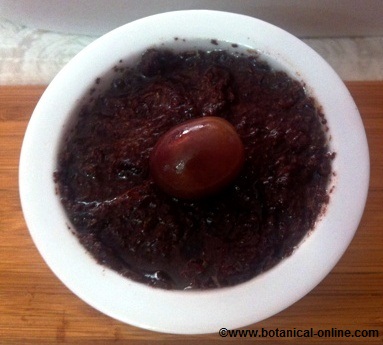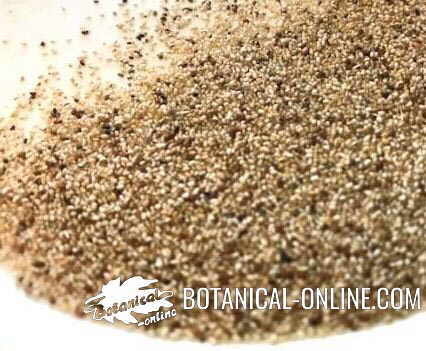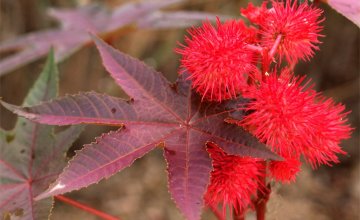Contents
How to avoid food intoxications
PREVENTION OF FOOD POISONINGS
How to handle food to prevent poisoning?
To prevent food poisoning we should consider the following tips:
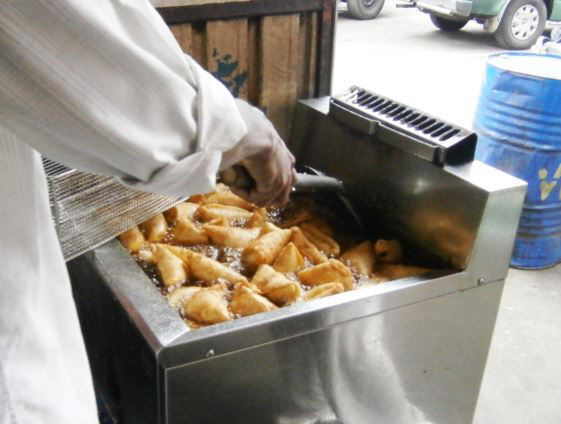
Cooking on the street does not guarantee the food to have adequate sanitary conditions
- Eat freshly cooked foods and avoid reheated foods: It is better to eat freshly cooked food than leaving some of it for other meals. In any case, if you have to reheat food, they should be exposed to a high temperature (more than 74 º C), to destroy any bacteria that have been developed since they were prepared. You should not reheat food more than once.
- Cook foods properly: Food should be cooked so that they are well done, especially the meat should not be internally “raw” or raw eggs should be well made inside, without a soft yolk.
- Avoid exposing the cooked food at room temperature: Once cooked, food can not be left out of the fridge. It has to be eaten as soon as possible or bring them into the refrigerator to protect them from cold growth of microorganisms. The custom of leaving food cool before putting them in the fridge is responsible for many poisonings. In case of leftovers, these should be kept in the fridge, even if they are still hot.
How to freeze and defrost foods?
- Do not refreeze foods: frozen foods, once thawed, should be eaten and can not be frozen again.
- Thaw foods properly: Thawing food at room temperature may develop microorganisms. Thawing should be done inside the refrigerator by changing the food from the freezer to a warmer place. Food can also be defrosted in the microwave or in hot water.
How to maintain a good food hygiene
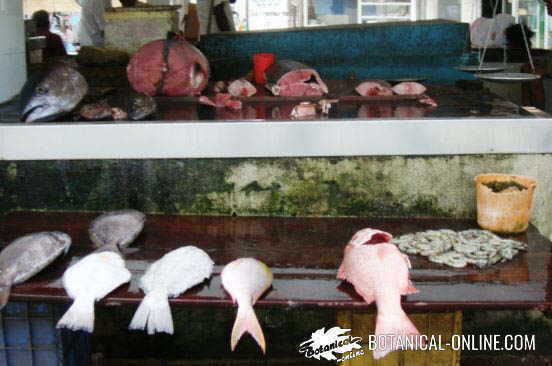
On the raw fish without any type of refrigeration, all kinds of germs develop that can cause food poisoning
- Do not use cookware used for cutting the meat or seafood to cut or prepare other foods: Many poisonings occur when the vessels that have been used for cutting raw meat or fish are used in the preparation of other foods. It is necessary to rule out the dishes, knives, scissors, etc. or prewashing with soap and water before handling them other foods, especially fruits and vegetables to be eaten raw.
- Avoid contact of raw food with cooked foods as raw foods can contaminate cooked food.
- Wash properly the place where food is prepared: Countertops, dishes, trays or surfaces where food is left to be prepared has to be washed properly with soap before putting food on them.
- Wash utensils properly: cooking utensils also should be washed properly with soap and water before use.
- Wash your hands properly: We must wash our hands with soap and water before handling food or after handling raw meat or fish or unwashed vegetables. It should go to wash your hands if you leave the kitchen and manipulate some other object in the house and especially if we go to the toilet. When changing children’s diapers, wash hands immediately with soap and water.
- Wash fruits and vegetables, before handling these foods, they should be washed thoroughly.
- Discard questionable canned food: Canned food that has a bad look, a bad odor, or cans which appear swollen or leaky should be discarded.
- Discard the milk that is not sterilized or their derivatives: You should not drink milk that has not undergone an adequate sterilization process or take dairy products derived from inadequately treated milk (cheese, yogurts, puddings, custards, curds, etc.).
- Do not give honey to children under 12 months: Honey can contain spores of botulism.
- When traveling to countries with limited health guarantees, certain advice must be taken into account: only drink bottled water, eat fresh or cooked foods that have been washed well beforehand.
![]() More information on food poisoning and its natural treatment.
More information on food poisoning and its natural treatment.
This article was endorsed by Elisenda Carballido - Dietitian nutritionist. Postgraduate in Phytotherapy and master in Nutrition and Metabolism.

